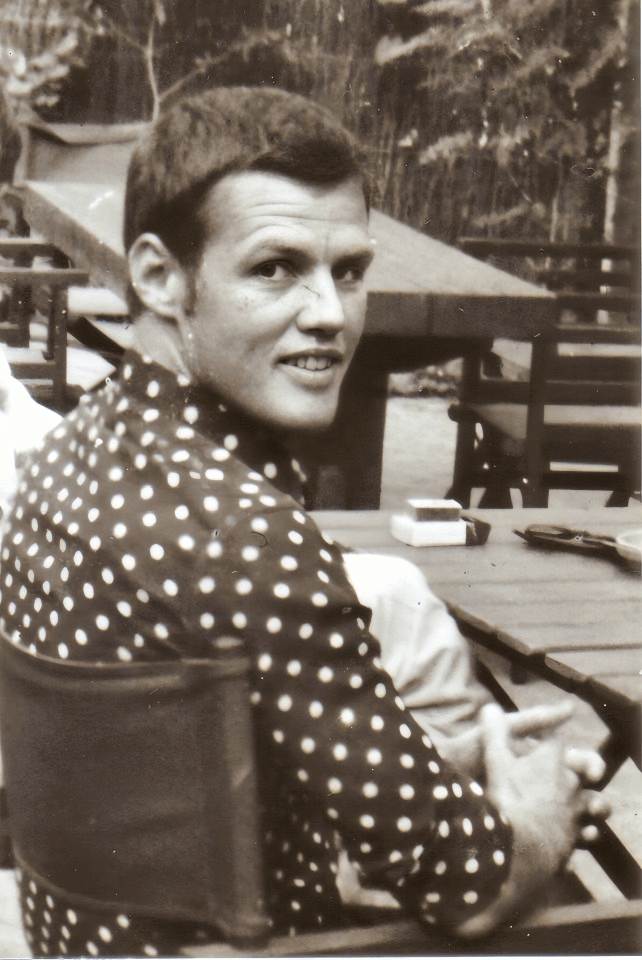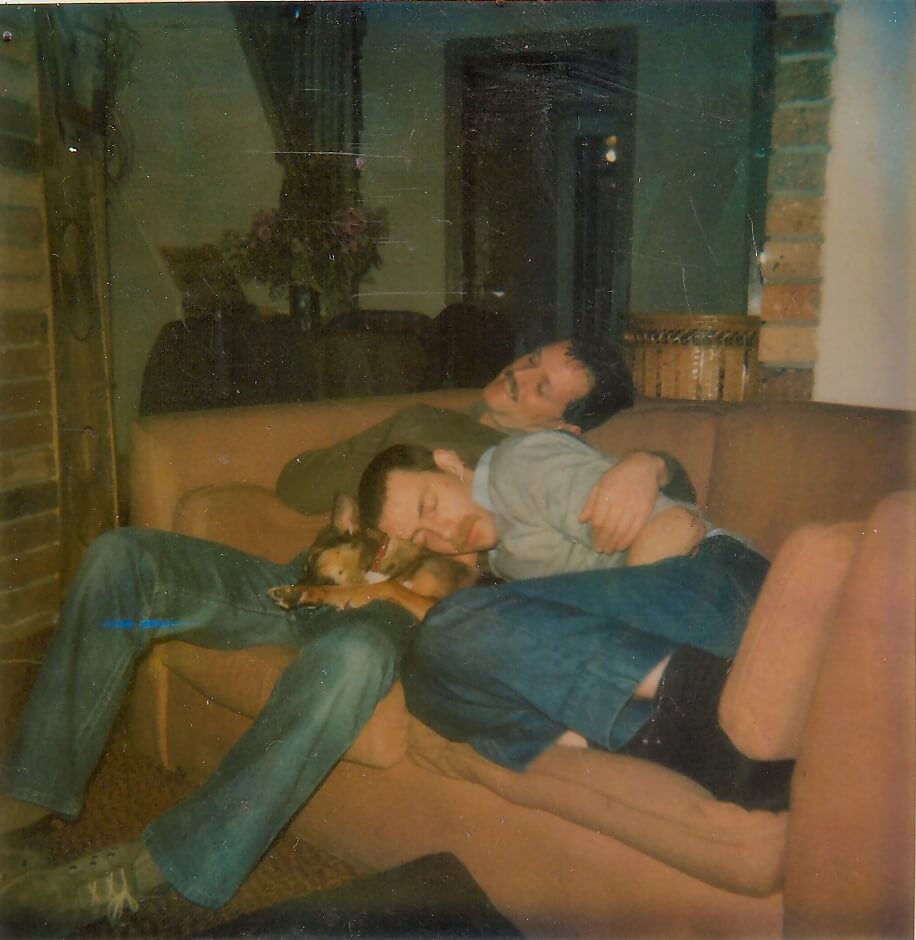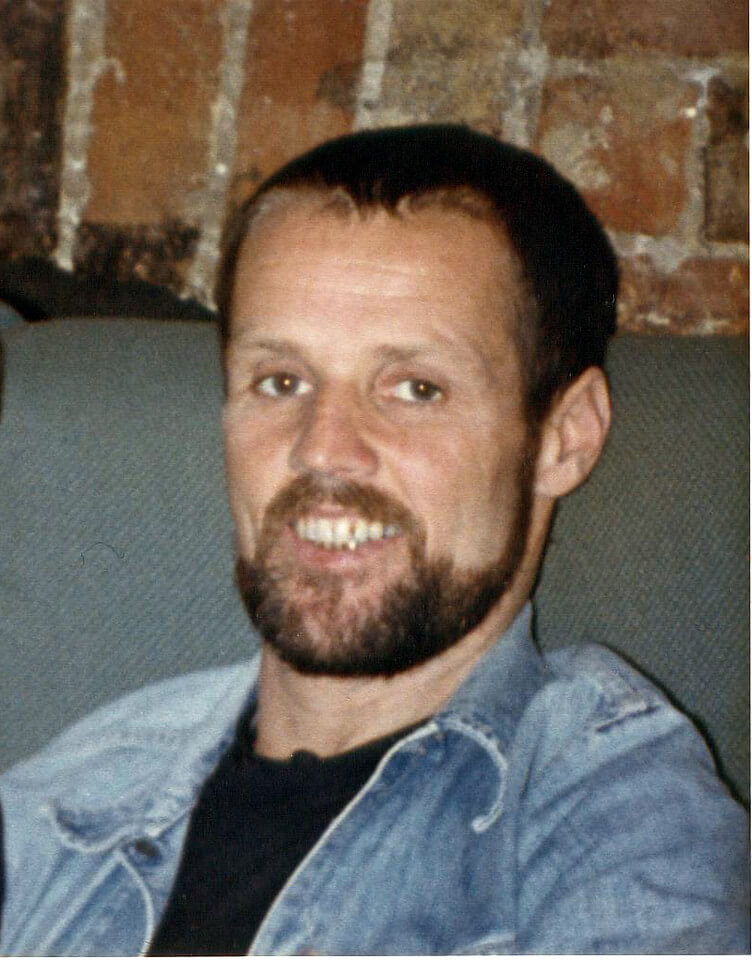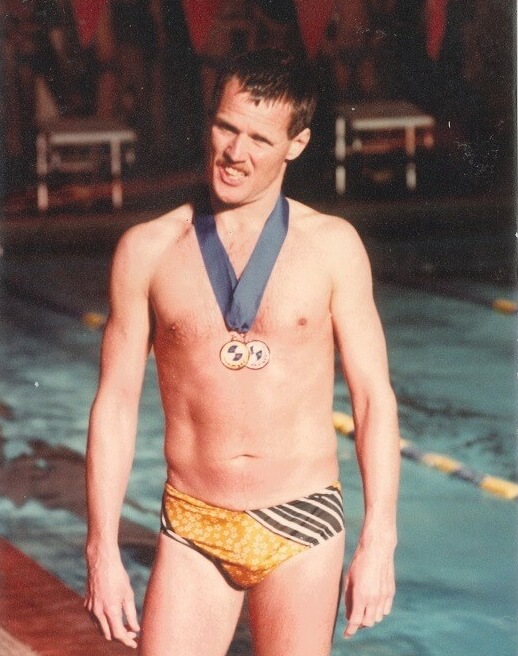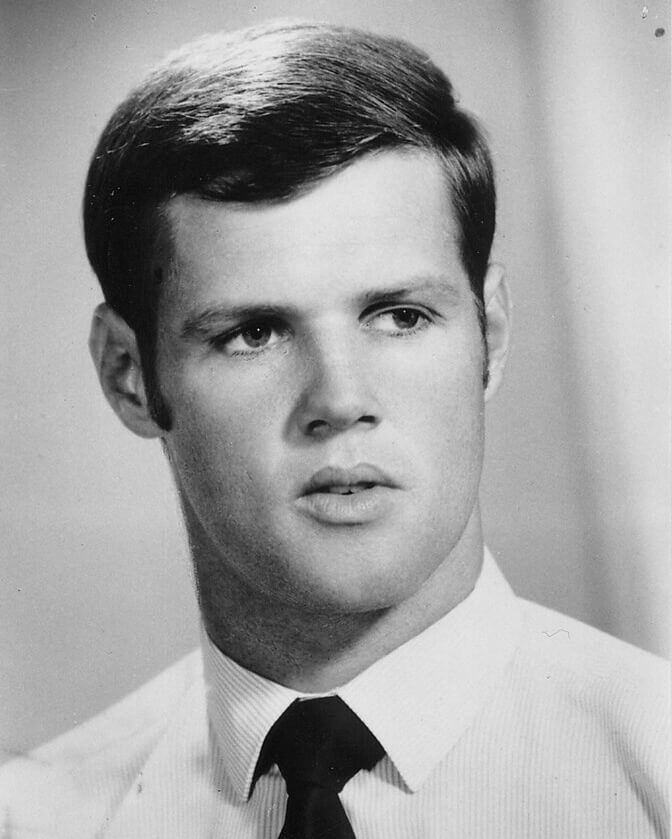Location
Universal Sydney, 85–91 Oxford Street, Darlinghurst NSW 2010
Darlinghurst is on the land of the Gadigal people of the Eora Nation.
Accessibility
Wheelchair accessible
About Bobby Goldsmith
Bobby Goldsmith was an active member of the Sydney gay community who became the first publicly recognised death from HIV-AIDS related illness in NSW. His diagnosis came in the early days of the AIDS epidemic when treatment options were severely limited. Bobby and his partner were forerunners in improving the care of AIDS patients and his passing in 1984 inspired the establishment of the Bobby Goldsmith Foundation – Australia's oldest HIV charity – which continues to provide specialised HIV care for patients across the state.
Boys just want to have fun
I remember Bob's smile, his laugh, his gentleness, and his passion for the things he liked. He was a mix of many things and all he embraced with passion. He was a fighter for freedom.
Born in Hurstville in 1946, a traditional career path was never Bobby’s great passion. After finishing high school, he embarked on a short-lived teaching career before he was drawn from country NSW to the city in the early ‘70s by the promise of freedom and excitement.
Like so many men of his generation he found a community [in Sydney] in the process of defining itself, finding a new sense of identity, hoy and pride in being gay.
Bobby thrived in his new home – throwing himself into everything that the particularly hedonistic period of Sydney’s history had to offer. Known to be charismatic and generous, with an excellent sense of humour, it wasn’t long before Bobby had cemented himself as an enormously popular member of the Oxford Street social scene, and amassed a wide circle of diverse friends.
While on one hand he was a lover of classical music, he also maintained what was fondly described by his friends as a 'punishing weekend schedule of night clubbing and dancing'. Bobby was also a keen traveller, making international trips as often as he could. He was particularly fond of the United States, where he found the diversity and thriving party scenes of cities like New York and San Francisco particularly to his liking, returning to Sydney each time with a renewed vigour and many a story.
NYC is as mad as ever, and I am more than ever convinced that I would like to come here and live for a while (in a few years time). Maddies everywhere… What a buzz this city is!
However, Bobby’s community interests weren’t only recreational. He noticed the changing attitudes towards queer communities both during his trips to the US and back home in Sydney, over time becoming an active participant in gay rights activism. He attended the 11am march from Town Hall to Martin Place on the morning of the first Mardi Gras in 1978 and many other protest demonstrations and meetings.
The Gay Olympics
Later, Bobby would blend his love for swimming with his activism, representing Australia in the inaugural Gay Olympics (later renamed the Gay Games) in San Francisco in 1982. At the Games, Bobby played an integral role in supporting other gay and lesbian athletes, as well as personally winning 17 of the Australian teams 21 medals.
An inspiration in life and death
However, just a few months upon returning from San Francisco, Bobby began to see the first signs of illness. He was admitted to hospital for care for Lymphadenopathy Associated Virus, now called human immunodeficiency virus (HIV), but with medical treatment still in its infancy, there was little that could be done to help.
Over the course of his care, Bobby and his partner Ken became forerunners in improving the treatment of AIDS patients. Ken’s refusal to wear gloves, gown and mask and their unhindered physical contact helped to change the attitudes of the medical staff and administration. While Ken recalls fantastic support and treatment from some doctors and staff, his frequent complaints and arguments with other staff led to improvements in sanitation, visiting rights and the meal delivery service.
When it was decided that in-hospital care was no longer appropriate, Ken, along with Bobby’s many friends, rallied round to find a way of giving him the dignity, love and care he needed at home. They organised a fundraising event, held under the auspices of the Gay Counselling Service at the Midnight Shift, Oxford Street with the goal of raising enough to purchase a video player to enable Bobby to watch his beloved operas, as well as items such as a commode, wheelchair and support mattress. The event – billed as ‘A party” - ended up raising over $6000, far more than was required for Bobby’s own needs.
On 18 June 1984, Bobby died of AIDS at his home in Surry Hills. His death was the first publicly acknowledged HIV-AIDS death in New South Wales.
In honour of Bobby, the group decided to continue their work. In July 1984, the Bobby Goldsmith Foundation was formed to provide community-based care, financial and practical support for people living with HIV-AIDS.
The Bobby Goldsmith Foundation is now Australia's longest running HIV charity. The foundation prides itself in providing the same individualised care that a group of mates first gave to Bobby all those years ago.
References
- City of Sydney (19 February 2024) Decision details – acknowledging the 40th anniversary of the Bobby Goldsmith Foundation, City of Sydney website, accessed 2 July 2025.
- Wade M (31 March 2016) 'Throwback: Star Observer's coverage of the first ever Gay International Olympic Games', Star Observer, accessed 2 July 2025.
- Whitaker AM (2007) 'Robert Bernard (Bobby) Goldsmith (1946–1984)', Australian Dictionary of Biography, Australian National University website, accessed 2 July 2025.

